"Your Generator Experts Since 1998!"
3 Things to Understand While Using an Emergency Generator
In times of power outages, an emergency generator can be a lifesaver, providing you with the electricity needed to power essential appliances and maintain comfort in your home. However, operating a generator involves more than simply plugging it in and flipping a switch. Misuse can lead to dangerous situations or damage to your equipment. Understanding best practices ensures a safer, more reliable experience when using an emergency generator.
1. Proper Placement Prevents Serious Safety Hazards
One of the most important considerations is where you place the generator. According to Energy.gov, emergency generators should always be used outdoors and positioned at least 15 feet away from windows, doors, and vents. This distance helps prevent deadly carbon monoxide fumes from entering your home or a neighboring structure. Never use a generator inside your garage, basement, or enclosed space, even with ventilation. It should also be set up on a level, dry surface to avoid tipping or water exposure, which could lead to electrical hazards.
2. Understand Your Power Needs to Avoid Overloading
Before using an emergency generator, evaluate which appliances are necessary during an outage and calculate their combined wattage. This step ensures that the total load does not exceed the generator's rated capacity. Overloading your generator can result in system failure, permanent damage to your electronics, and even fire hazards. Check the manufacturer’s guidelines to learn how much power your unit can safely supply, and use heavy-duty extension cords rated for outdoor use when connecting devices.
3. Routine Maintenance Ensures Peak Performance
Maintaining your emergency generator is crucial to ensuring it operates correctly when needed most. Check the oil and fuel levels regularly, inspect the air filter, and remove any accumulated debris or dust. Run your generator occasionally to keep the engine lubricated and to detect any issues early. Follow the manufacturer’s maintenance schedule closely, and store extra fuel safely, in approved containers, and away from heat sources. Proper storage and regular inspections help extend the generator's lifespan and reliability.
Using an emergency generator requires thoughtful preparation, careful operation, and consistent maintenance. By understanding where to place it, how much power you need, and how to maintain it properly, you can reduce risk and ensure your home stays powered safely during outages. Responsible usage means greater peace of mind when emergencies strike. Contact Emergency Power Service to learn more today.

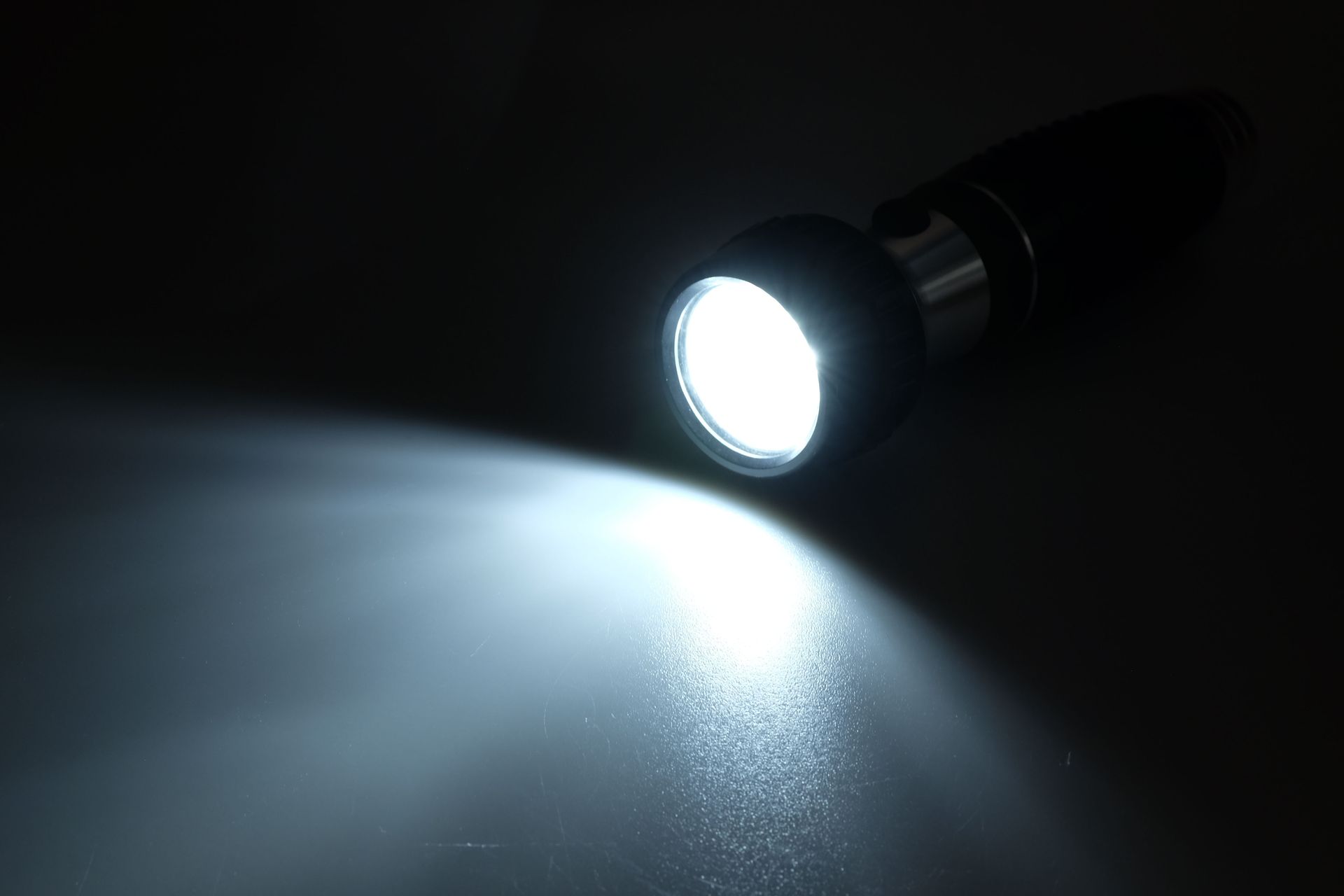
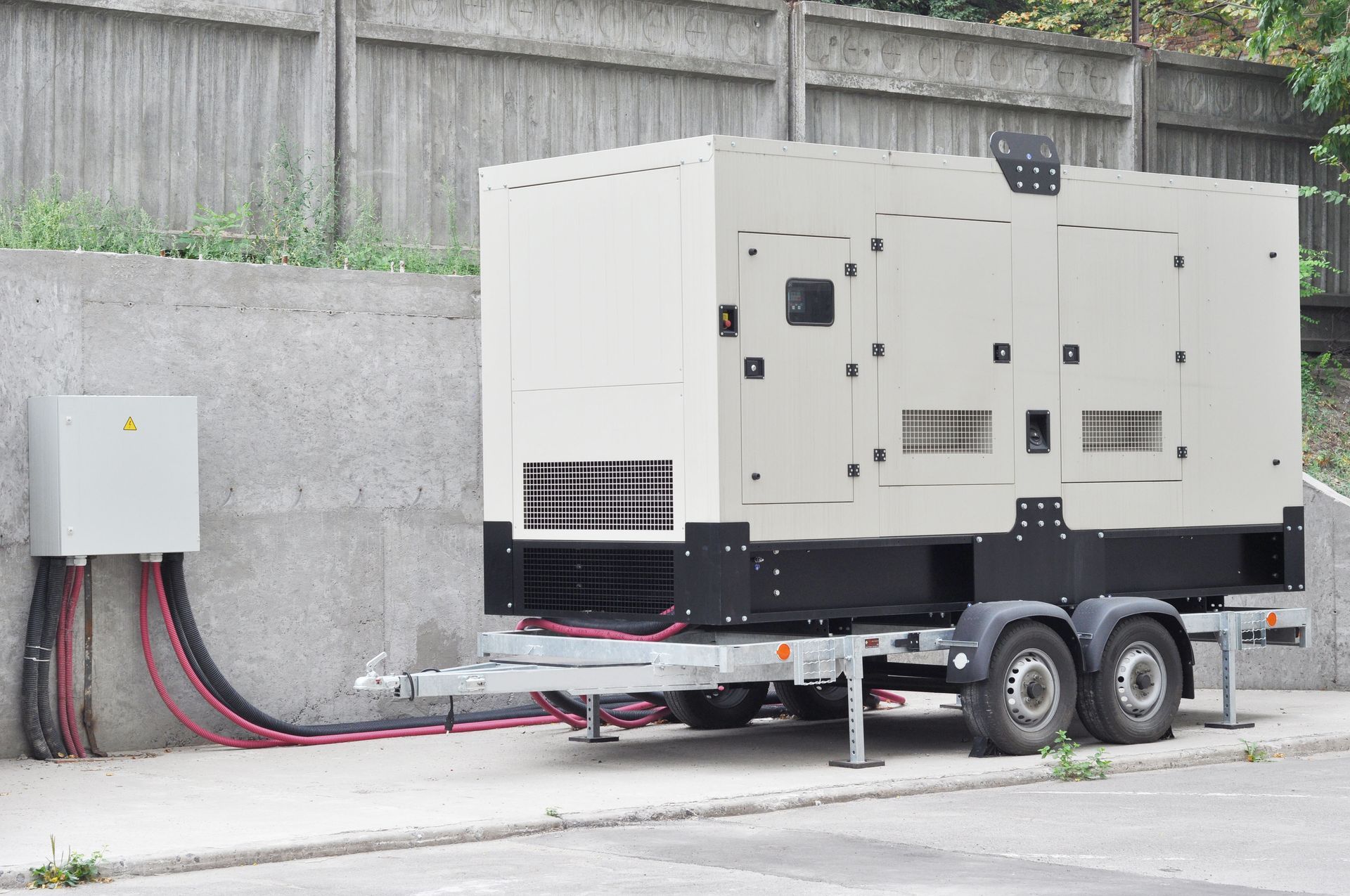
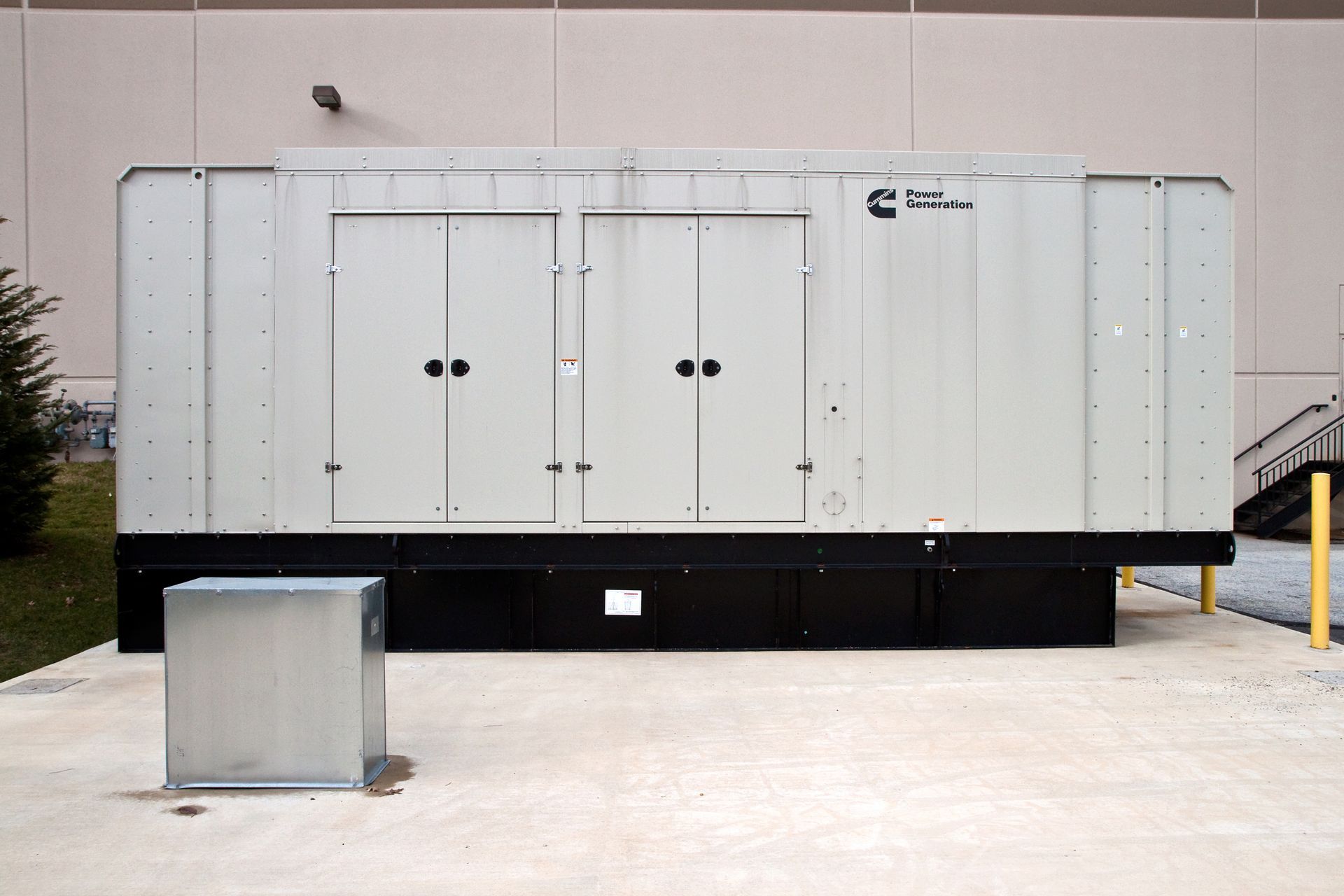

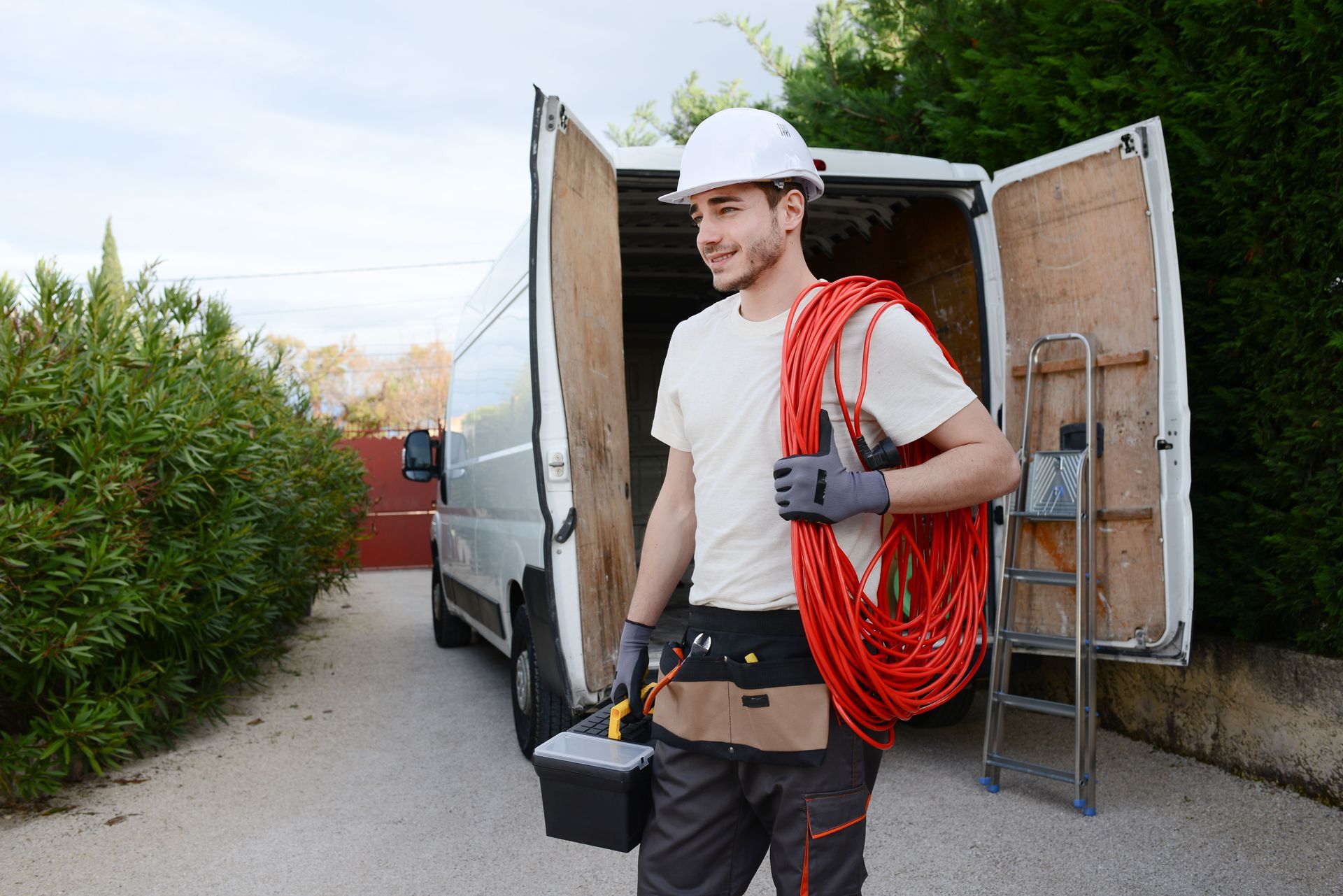
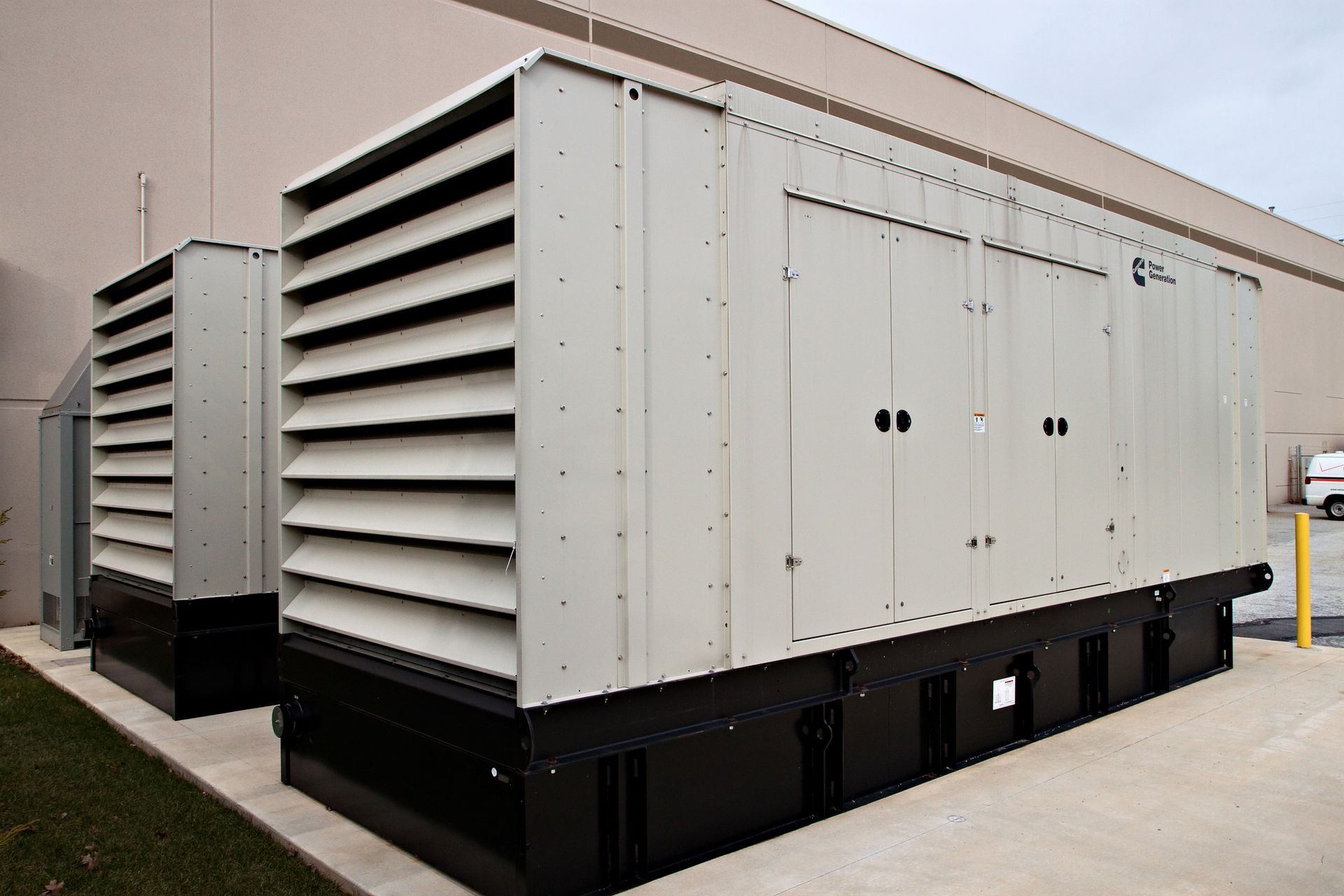

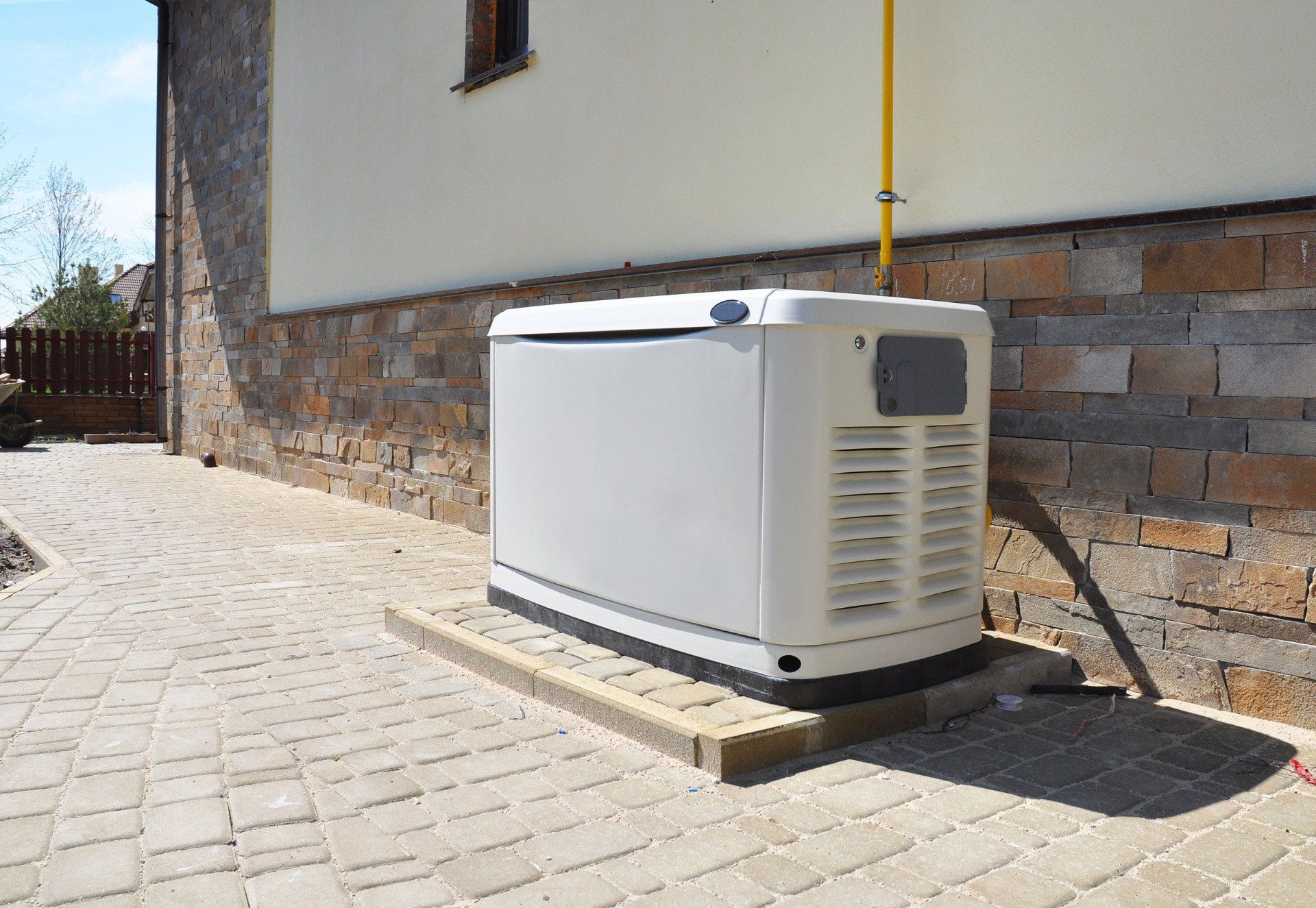
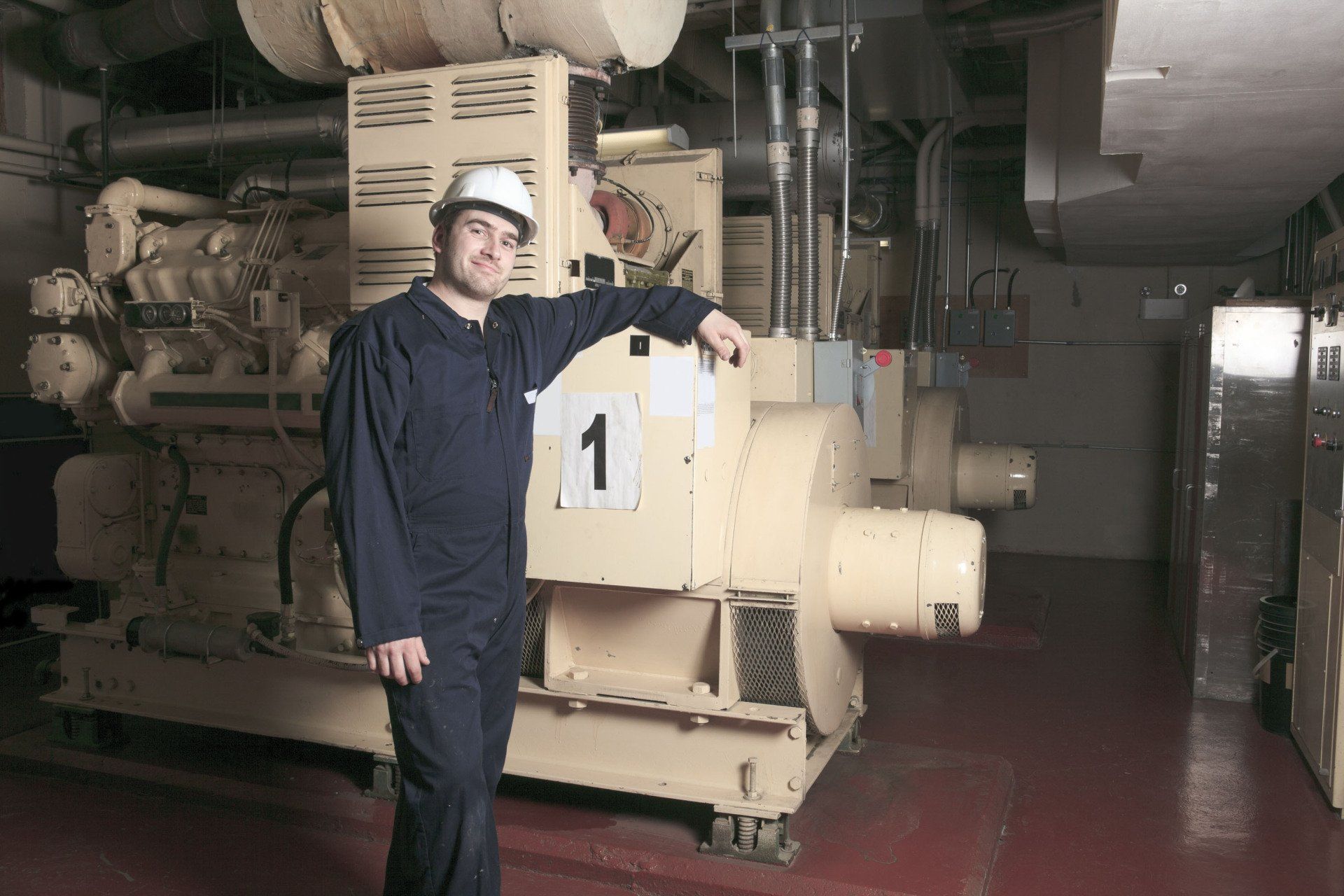
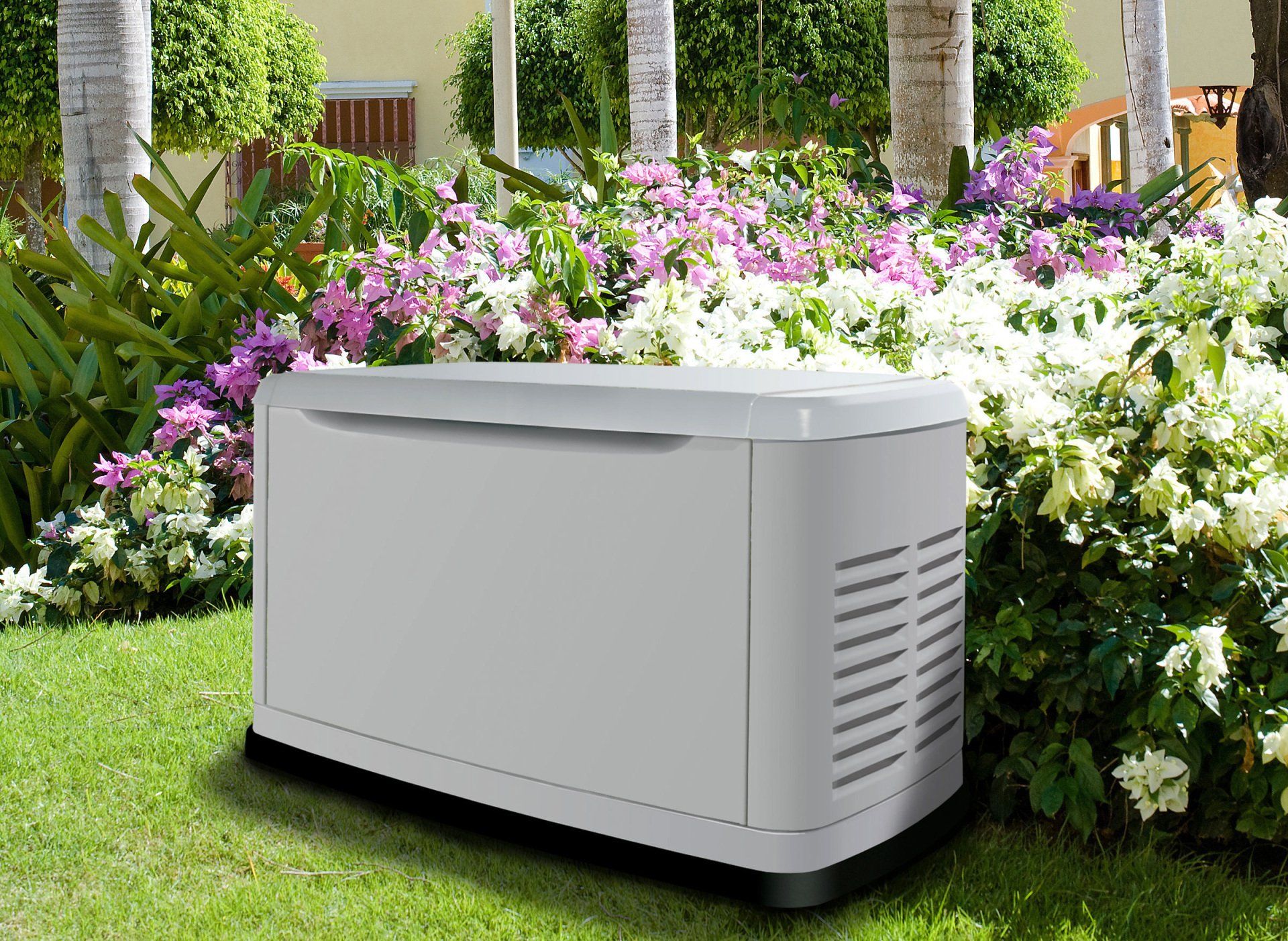

Share On: